#henri lefebvre
Text
LK as satirical headlines
have these been done before sorry if they have

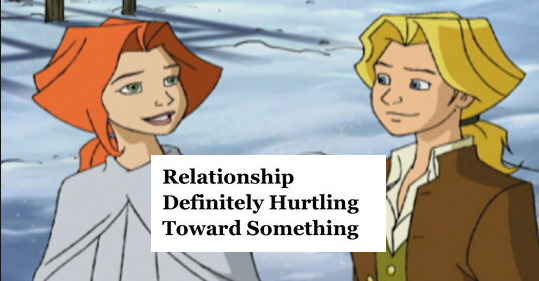
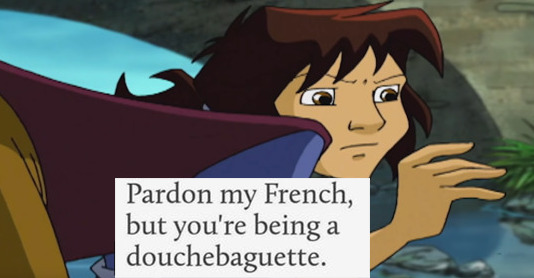
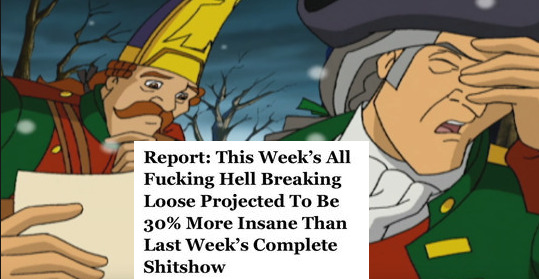



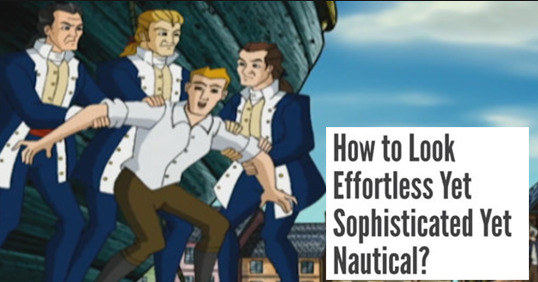



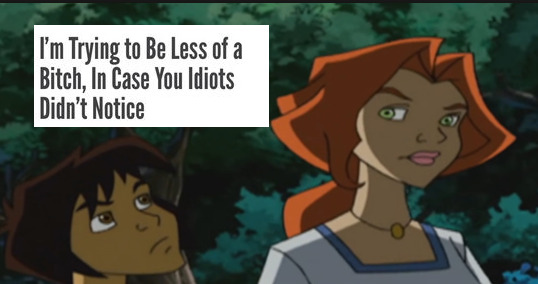
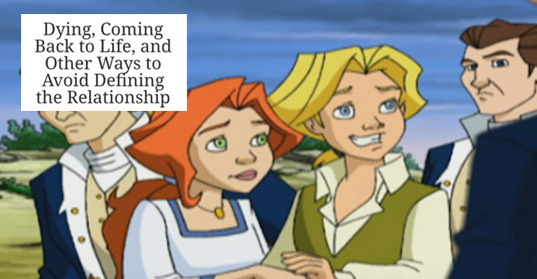
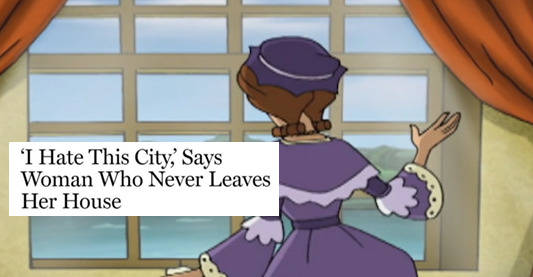

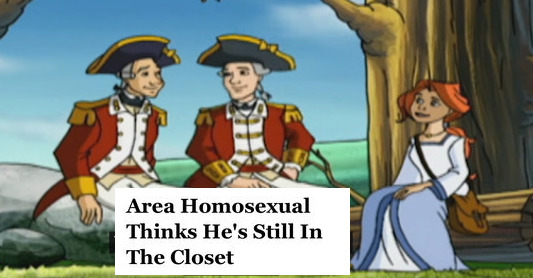


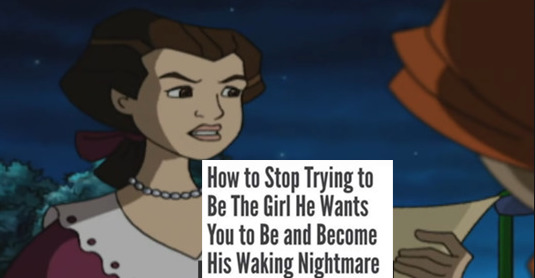




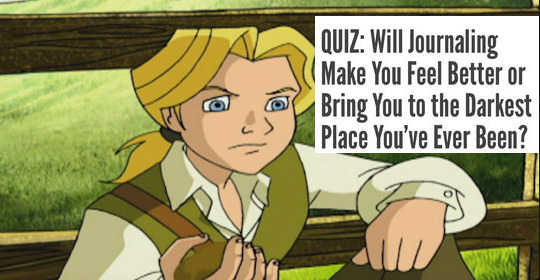


#liberty's kids#sarah phillips#james hiller#henri lefebvre#amrev#satirical headline memes#liberty's kids memes
114 notes
·
View notes
Text
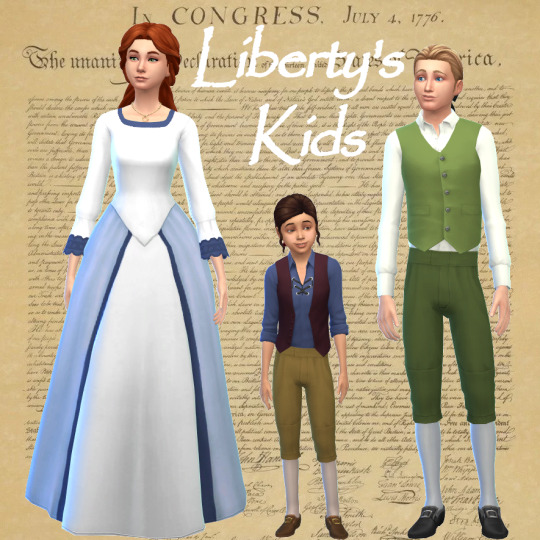
Liberty's Kids - BGC
Liberty's Kids portrays the American Revolution from the Boston Tea Party of 1773 to the Constitutional Convention of 1787 following the adventures of Sarah, a Loyalist newly arrived from England, James, a newspaper apprentice supporting the Patriot cause, and Henri, a French orphan who is attracted to trouble. With its thoughtful handling of complex issues, star-studded cast of voice actors, and absolute bop of a theme song, it remains one of the few shows from my childhood that I still enjoy today.
The outfits worn by the three main characters had been on my mind for a while, but an anon ask gave me the push to finally make them. Because they are based on a cartoon, they are not 100% accurate for the time period. Each outfit comes in a child and T-E version. They are in the (retired) Colonial Williamsburg palette in addition to the canon swatches.
Download for free on Patreon | SFS
Download for free on CurseForge by searching for Sarah, James or Henri.
Support me on Patreon or buy me a coffee?
Feel free to tag me if you use them, I’d love to see! My TOU are here.
Petticoat texture on Sarah's dress is from here.
@mmoutfitters @maxismatchccworld
#sims 4 historical cc#ts4 historical cc#sims 4 maxis match#ts4mm#sims 4 custom content#ts4cc#1770s#1780s#liberty's kids#sarah phillips#james hiller#henri lefebvre
162 notes
·
View notes
Text
I like to remind you that these two
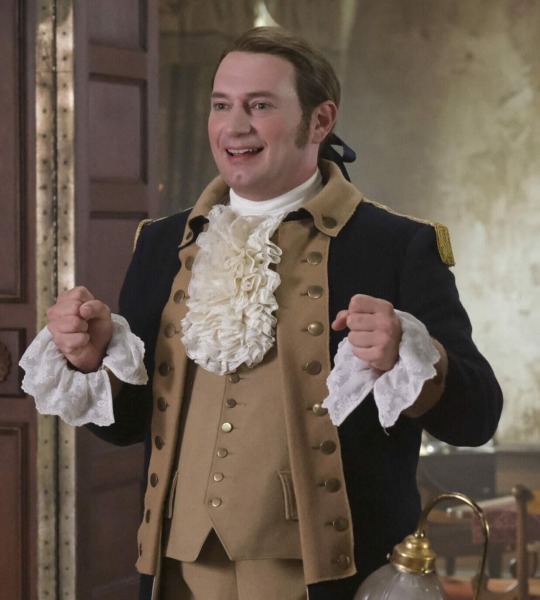
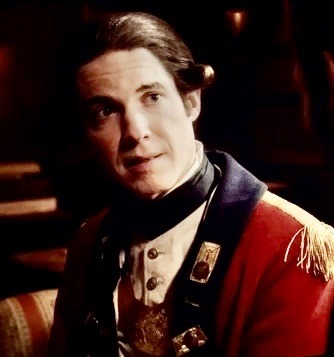
Were alive at the same time as these lot
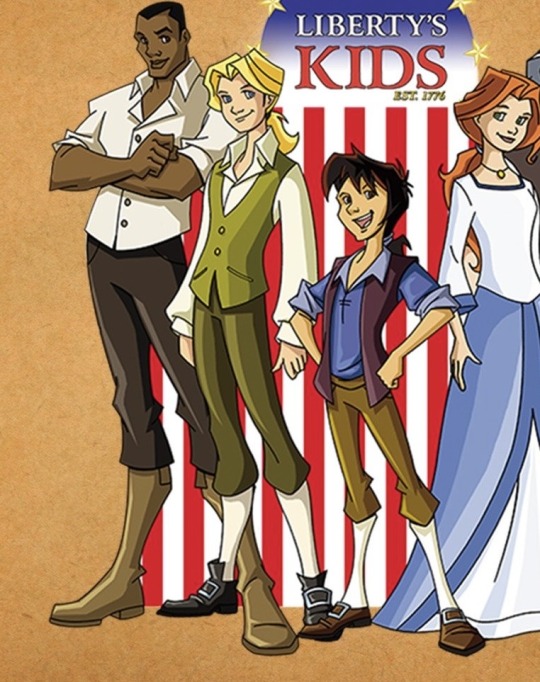
Therefore these kids probably spend time with Isaac and Nigel. They possibly saw Isaac shooting Nigel.
#18th century#cbs ghosts#liberty's kids#sarah phillips#james hiller#Moses#henri lefebvre#isaac higgintoot#nigel chessum#american revolutionary war
56 notes
·
View notes
Text
Libertys Kids newscasters au where James and Sarah are amateur field reporters with hopes of becoming anchors for a news show in Philadelphia. Ben Franklin is one of the anchors on the show who is going into retirement so James and Sarah are naturally competing for his spot.
Henri is the lovable mic guy who’s always snacking in the news van and Moses is the camera man that looks out for James and Sarahs safety.
26 notes
·
View notes
Text
Liberty's kids as memes again:
I forgot I had these, and I only posted like 3 last time. Oops. So here's me sharing a few more with y'all.
If James is the responsible one, you know there's gonna be problems(especially before the war):

The devil works hard, but those pigeons sure didn't:

I feel like this one is fairly self explanatory

How henri always ends up sitting on the top of the carriage at some point is beyond reason by now:

Listen you can't tell me James wasn't going off about tyranny the whole time they were under the floorboards:

This is literally the first several episodes of LK:

See also:

#liberty's kids#sarah phillips#henri lefebvre#james hiller#I might be a little foul for that last one but like how was she never questioned about how she knew what the American's were doing#after ep 23 James was probably vehemently defending Brunswickers with his whole chest#the James and Gunther meme fits for so many other dynamics#Sarah & any slave she meets; John Adams and Ben Franklin; Benedict Arnold complaining about gates to henri and Sarah;#I could make a whole other post dedicated to just that format#I know the pigeons are in only one episode but still I think my idea still stands#amrev fandom#I suppose?#libertys kids is the only way I really interact with amrev stuff so idk?
47 notes
·
View notes
Text
I visited a friend in Oxford this weekend, and having read Babel last year, RF Kuang’s incredible historical fantasy about the role of universities in British colonialism, it was impossible for me to admire the architecture there without thinking about its imperial legacy and persisting imperialist function, and the effect it had on me, on Oxford residents, and on Oxford students. I didn’t take any pictures because I always forget to do that, so enjoy these ones I found on Google. 🙃

The main Bodleian building is probably the most iconic from Oxford, and it’s impossible to communicate the absolute grandeur of its presence when you’re actually there. It’s also perhaps the building most similar in both form and function to Babel in RF Kuang’s story, it being also a central towering library. This is just one of several imposing and beautiful old buildings there though, all of which inescapably give you the impression of being part of - or at least in the presence of - a mighty, cultured civilisation. My friend said she felt the same thing in Durham, where we studied, but Oxford is on a whole other level.

The Oxford motto is apparently “fortis est veritas”, or “the truth is strong”, which I did see around on various buildings. I couldn’t believe how on the nose it was. It perfectly encapsulates what Kuang is critiquing, and they emblazon it proudly on their city: we use this knowledge to enrich ourselves through conquest; this beauty you see around you, this skilled craftsmanship, is both the product and the tool of empire. Knowledge and material is taken from other lands, developed by those with the privilege not to be concerned by more immediate things like food and shelter, and then used to conquer more lands.


I think it was the statues that really affected me though. There was something so intimidating about being surrounded by all these figures of “great men”. It’s hard not to feel fundamentally inferior. But what must it be like to see them when you know that you’ve been invited to join their number, when you’re a student in their institution? I can’t imagine it’s freeing. I have to think that - unless you resist it, as I’m sure many do to varying degrees - it feels like a terrifying pressure to conform to the precise idea of greatness embodied and projected by those statues - a European, masculine, individualist, imperialist one. It’s no wonder it’s often a very specific type of person who comes out of Oxford. It’s no wonder so many of our politicians are from there.
If you haven’t read Babel, I can’t recommend it enough. I read Kuang’s new book, Yellowface, in a single sitting yesterday too, so read that one too. 😂 They’re both excellent critiques of intellectual culture while also being incredibly gripping reads. They combine nuanced characters with blunt didacticism, which in Yellowface in particular she reflects on and defends as a style, in a way that feels so edifying once you get over the popular prejudice against didacticism. Maybe we should be uncompromising in certain truths about the evils of colonialism, racism, and capitalism, ya know?
Both books were advertised to an almost obnoxious degree in every bookshop there, and my friend said everyone she talked to on her short course was talking about Babel, so I like to think there’s hope.
#philosophy#sociology#social theory#rf kuang#babel rf kuang#babel#yellowface#henri lefebvre#geography#oxford#university of oxford#oxford university#academia#literature#books#colonial architecture#colonialism#imperialism#dark academia#bookblr
28 notes
·
View notes
Text
To anyone in the Liberty's Kids fandom... damn you all for making me have a very fond liking to this kid in a familial way ❤️ /pos
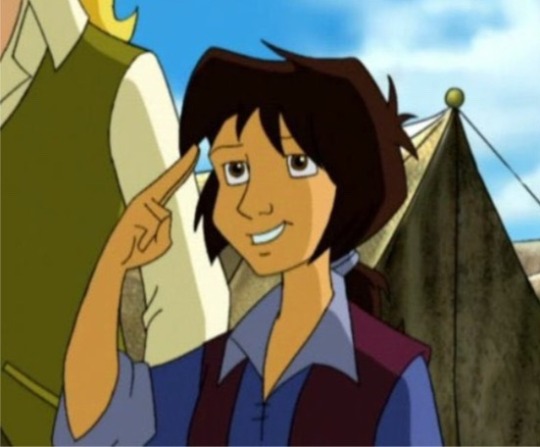
.
.
.
.
Thanks Tumblr
#libertys kids#henri#henri lefebvre#henri libertys kids#early 2000s cartoons#my son#familial f/o#eclipse/styx rambles#i like him a lot bc he looks like Johan except hes a child#reminder that hes 8 years old yall#is the libertys kids fandom even still alive or is it just... dead
9 notes
·
View notes
Text
I regret nothing

#molly macdonald#craig tucker#henri lefebvre#omori kel#kindergarten hall monitor#susie deltarune#alberto scorfano#aran ryan#elliot clayton#garfield#rammy ram#michael davies#gaz membrane#chico bento moço#mae borowski#ryan sumouski
36 notes
·
View notes
Photo

kids are sad/the sky is blue/there are monsters in the spare bedroom
#art#collage#neoliberalism#SAS#gas mask#rappel#henri lefebvre#verso#design#retrofuture#homage#books#the midnight#this book kind of sucks
135 notes
·
View notes
Text
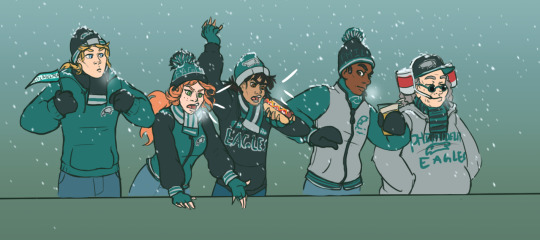
soft headcanon.
#liberty's kids#my art#james hiller#sarah phillips#henri lefebvre#Moses#Benjamin Franklin#american football#Eagles#Philadelphia#Philadelphia Eagles
61 notes
·
View notes
Video
Openings and Conclusions 9 by Russell Moreton
Via Flickr:
On the horizon, then, at the furthest edge of the possible, it is a matter of producing the space of the human species-the collective (generic) work of the species-on the model of what used to be called "art" ; indeed, it is still so called, but art no longer has any meaning at the level of an "object" isolated by and for the individual. Henri Lefebvre, Openings and Conclusions. from On Installation and Site Specificity (introduction) Erika Suderburg
#Research Collage#Working Notes#Interior Documents#Visualisations#Architectures#Spaces#Place#Embodiments#Practices#Texts#Material#Mappings#Drawings#Site#Localities#Mark Dion#Peter Greenaway#Herzog and de Meuron#Henri Lefebvre#Robin Evans#Kate Whiteford#Colin Renfrew#Remote Sensing#Archaeology#Rodin#Beuys#The Sensitivities of the Physical Self#Josef Albers#Waverley Abbey#Cistercian Monastery
2 notes
·
View notes
Text
Here are my head cannons that don't make sense but that's okay because It doesn't have to make sense.
George Washington is Biromantic
Alexander Hamilton and Sarah are red heads with daddy issues
Benedict Arnold has angry Chihuahua vibes
Moses adopted james and henri since they were toddlers
#liberty's kids#george washington#alexander hamilton#sarah phillips#benedict arnold#moses#james hiller#henri lefebvre
4 notes
·
View notes
Text
Hey I’m Toasted Watching Libertys Kids. Here are my comments
Boston Tea Party
First I’m so happy that every episode is available on YouTube! That makes things so much easier.
The theme song has NO RIGHT to hit this hard. Why isn’t this our national anthem? 🥹
For real though, the premise of this show overall has potential for an Outlander quality show for us big kids.
The opening montage? Cinema.
Walter Cronkite as Ben Franklin is A+ casting because his name ends in kite.
I love how Sarah’s so calm even though she’s trapped in a stormy ship. Maybe it’s because she’s hyper focused when she’s writing. I was on a cruise once and panicked when the ship got to swayey for me.
I love how Sarah adores her father. Leaving London for a new land unsupervised as a teenage girl sounds wild.
Moses is done with James already
Moses doesn’t end up having kids because he basically already had kids and said that’s enough for me.
“It’s addressed to Moses! You look like James!”😆 He’s so cute.
THAT TRANSITION
Omg it’s the beer guy. Beer overthrew tea.
It’s pretty hardcore that they have a picture of the redcoats murdering them hanging on the tavern wall.
Imagine walking out to the deck of a ship to see strange and unfamiliar land. Also where is the captain??? Why is she the only person on the ship when they break in to it?
The sons of liberty look like they’re going to coachella.
“Mom? How did you and dad meet?” “I hit him with a pillow stuffed with books and insulted his grammar.”
When she cute but conservative af
“You’re Sarah Phillips!?”
“Dr. Franklin sent YOU?”
Why didn’t Moses go below deck first?
Bro straight up tore her locket off on purpose. He always wanted to do that to a woman.
Moses calling them big ugly hogs 😂😂
If James and Henri stink that bad, poor Sarah must have been suffocating under that blanket.
Omg Sarah we don’t just ask people if they’re slaves.
Ok real talk though, how many of you have been to an African American history museum with a slave ship hallway? Because that was horrific.
Phylis Wheatley should have written the Declaration, not Jefferson.
Sarah dropping the mic more than Hamilton tbh
Sarahs doing pretty well for a rich girl sleeping in a barn for the first time
Bro that is not sanity, throw that fish away
Look at all the wigs!
OMG you guys the tea party is totes Bens fault. Ben looks so done with them.
The Intolerable Acts
Dear mom, this is not the airbnb that I wanted
“English Henri!” “I’m counting the English!”
WIGS! WIGS!?
Ben literally said suck my dick at Parliament.
James not noticing the redcoats in the barn for five minutes
The redcoats act like Karens.
Sarah don’t have time for your shit James
That captain is such a piece of shit. Henris backstory is lowkey fucked up.
I’d like to have more of a backstory on James’ parents.
*heavenly music*
He just put Sarah on the spot like that and she outwitted him beautifully.
When a man gives you his outerwear, he’s at your service forever.
Dear mom I’m finally in the right airbnb
Bro just straight up gave up his ring so she could have a locket omg 🥺
33 notes
·
View notes
Text
I said I'd write this LK headcanon into a scene/ficlet so I'll write it dammit(under a read more bc long):
"Henri, get off the roof of the carriage." Sarah scolded. "You'll get knocked off by a tree branch."
"Sarah, you know that no tree branch can defeat the Great and Powerful Henr-agh!!" Henri sputters as he tries to get the tree branch out of his face. The redhead chuckles, "I told you so." going unspoken. Henri huffed as he clambered back into the carriage.
As he settles in, Henri glances over as Sarah is writing another letter to her Maman. She puts more ink on her quill when she writes to Lady Phillips, Henri's realized. They've known each other for almost a year, but Henri has found noticing Sarah's habits to be entertaining on boring rides. It started when Henri asked Moses why Sarah would side with the British.
It had made no sense. Sarah was always nice to him. She'd speak to him in French when he can't think in English, forget talking. The redcoats l'a traité comme de la merde. Moses just asked if the British treat Sarah like they do him. They don't; redcoats smiled at her and asked what a respectable girl was doing with "rebel scum". Henri guessed he'd think the British were good if they treated him like he was good too. But Henri also realized was it was fun to notice things about Sarah.
Sarah has lots of habits, like if she tapped her feet in a rhythm, she was hungry. Or the letters to pass time on boring carriage rides, like this one. Henri wants to climb the carriage again.
"You're awfully quiet, Henri." Sarah's voice broke through Henri's thoughts. "did you get hurt by the tree branches?"
"Non non, je vais bien. Je m'ennuie simplement. James is so lucky to have been rid of this trip already." Henri replies.
"He will be getting to learn more about the camp than we are." Sarah muses, looking back down at her letter, but didn't go back to writing. Her left hand reaches for her collar and curls her finger under her necklace and started flipping her locket around its chain. Henri focused on the repetitive motion.
Henri thinks he's figured this habit out. Plus vite que normale! Sarah messing with her locket almost constantly for a little over a week has helped. When he or Moses mentioned James, she'd have a hand on her necklace soon after. Sarah keeps flipping the golden locket with left hand as she starts writing again.
Henri figured the habit was about James before they left. Saras can be obvious if you're used to noticing like Henri is. Maybe he should be a journalist. But it could mean something particular about him. She could be missing him, but it's kinda late for that. Henri missed James after he left 2 weeks ago, but they'll see him by supper, so he's excited to see him. Sarah doesn't look excited at all.
The carriage shakes as Sarah dips her quill into the inkwell, and she huffs. Is she mad at him? There's no way James could annoy Sarah when he's not around, so she's probably not angry. Maybe she's worried about him? That makes sense. They haven't heard from James since he left, not like they could get it since they left yesterday morning though.
"Are you worried about him?" Henri asks. Oops, that's probably strange to ask. C'est la vie as his friends back in France say.
"What?" Sarah's eyebrows bunch together more. The hand holding her locket goes still, and she looks away for a moment to close her inkwell before turning back to look at him in confusion.
"about James. You look... worried?" Henri tries to choose his words carefully. If Sarah wasn't worried before he asked, he doesn't want to make her worried.
He seems to succeed, because rather than worried, Sarah looks almost embarrassed. "I suppose you're correct. It's just that normally when we depart after James, he sends a letter about the state of the camp and we at least know the voyage will be safe." Sarah was switching between speaking fast and slow, like a dance he learned at the own square. "But we didn't hear anything this week, so I am a bit concerned about James's well-being."
"Okay. Just wondering." Henri laughed. Sarah was fiddling with her locket again.
"I promise to give you my share of bread after supper tonight if you don't mention it to him." Sarah said. "I don't need him mocking me over what is likely just slow mail."
"Deal. I will never refuse good food."
Sarah giggles, as the carriage continues to rattle. "You never do."
#hope that was a sufficient amount of bad french for yall#I might post this on AO3 too#liberty's kids#lk#henri lefebvre#sarah phillips#don't ask me which camp/fort they're riding to. i dont remember which one i was thinking of back when i started this#also i know that's a very rudementary reason for sarah to be a loyalist but its from henri's pov not sarah's#james hiller x sarah phillips
7 notes
·
View notes
Text
Okay so my first post is going to be about the link between capitalism and existential angst, which is the most on brand thing possible for me, so if you like this there’ll be much more of it and if not… sorry. 😅
I’ve always had a proclivity for angsty existentialism. Multiple times a housemate has found me sprawled on a sofa moping about the meaning of life which sounds really pretentious but idk I feel like on some level that’s just being a student. And it’s that material side of it that’s got me curious recently like - were these anxieties just a result of the kind of individualistic, listless existence a student inhabits? There’s probably a reason the stereotypes of angst are people with enough wealth to avoid work but not enough respect or expectations to have a solid idea about what they should be doing: Percy Shelley, Lord Byron, Søren Kierkegaard, etc.
In the first volume of his Critique of Everyday Life, Henri Lefebvre calls out Kierkegaard specifically as a prime example of bourgeoise alienation, the result of which was literally creating existentialist philosophy - the idea that we have to create meaning for ourselves by force of will and taking a leap of faith. Lefebvre claims that existential angst is always a result of some sort of alienation. When Marx formulated alienation as the psychological suffering we experience when we are separation from ourselves, each other, the products of our labour, and nature, he was thinking about the way the working class are made to suffer under capitalism, but Lefebvre expands the theory beyond this. He describes how alienation is always relative and present in all types of society for all people within it. Alienation is not just a result of individualism and exploitation - it also presents itself when we feel too far from someone we love, and when we are mystified by the natural world. Crucially, we are alienated when we become detached from the fact that we are dependent on others for our survival, something common to all the bourgeoisie.
Acknowledging this dependency would make us aware of the injustice of how these responsibilities are distributed (according to class, gender, race, etc.), and getting past the separation would require a radical change in lifestyle involving the rejection of the serving of the individual self so integral to bourgeoise morality. It’s hard! But with the lines between proletariat and bourgeoisie becoming more and more blurred with the expansion of the middle class, recognising this particularly bourgeoise suffering is important, I think, if we want to articulate a reason more people can get behind to resist capitalism.
People suffer when they’re separated from people, when their material existence feels so isolated and insignificant that they have to rely on spirituality to give them any sense of grounding, but are unable to be confident in their beliefs so can only ever relate to religion through anxiety (both my best friends speak of religion in this way, and before I read Lefebvre I was tempted to join them because it sounded better than the nihilism I was struggling with). Seriously, read any Kierkegaard and you will know he was not a happy guy. He wrote book called The Concept of Anxiety, and Fear and Trembling for God’s sake. He’s not okay! 🥺 But poor Søren might have been okay if he’d been a bit less self obsessed, acknowledged the value of *inter*subjectivity rather than pure responsibility, and actually married his fianceé rather than worrying about his independent morality, which was really just arrogance. I sound mean but I love him really. He’s very entertaining and *painfully* relatable.
But this is why I find Simone de Beauvoir to be the absolute best of the existentialist canon, because she recognises the need for recognition and connection, even for the powerful. In The Ethics of Ambiguity, she writes about how even tyrants suffer in hierarchical societies because they can never know authentic respect, since people always see their power and the threat implicit in it rather than their whole humanity. This doesn’t mean that we should never violently resist tyranny, because individualism is hard to overcome, even when it’s self-sabotaging, but awareness of this could get more people on the side of equality. This idea is apparently supported empirically in The Spirit Level, by Richard Wilkinson and Kate Pickett, but I haven’t read that one yet. I like to put it in Spinozist terms: the satisfaction of one desire can be excessive when it blinds us to our other needs and presents us from feeling other forms of joy.
On how it can be overcome though, I think Judith Butler offers an interesting frame for thinking about it. Though they’re best known for their work on the social construction of gender, my favourite book of theirs is Giving An Account of Oneself, where they write about how our mental life is a product of all our previous experiences, especially with other people. This seems obvious on some level, but it really undermines individualism. In particular, it deconstructs the distinction between attacking parts of yourself and attacking other people. If our internal and external lives are so interlinked, is it really surprising if attacking ourselves isolates us? Recognising that other people are in some sense present within us is conducive to greater intimacy, and though this can be uncomfortable if we dislike part of them, that doesn’t make it less true, and recognising this can make us more compassionate with everything within us. Self-hatred and hatred of others are intimately connected, and they reinforce each other.
I like to think of the relationship between different parts of myself in terms of Deleuze and Guattari’s machinic unconscious, where our minds are made up of interlocking parts from the larger social context. I think differ though in wanting to negotiate and find equilibrium between them rather than experimenting by letting certain parts go to extremes to make change though. I like the way Jacques Derrida writes about it in The Politics of Friendship, where to recognise the other in oneself, and so recognise the misalignment within ourselves, requires us to be a friend to oneself, which makes friendship so central that it undercuts any potential narcissism because by loving oneself as an other we learn to love others better (as well ourselves).
This doesn’t address the concrete politics of the situation though. The aspect missing is that we have to think of ourselves as inextricably linked to our social and political systems, part of a historical process, and our feelings about those systems are a very real part of that process, and if we want to be true to ourselves we have to act on those feelings rather than repress them. I’m still working out what that means for myself, and as Lefebvre notes it’s this final hurdle that most people fail at, but we can all try.
That kind of went all over the place, but hopefully it’s understandable and valuable, and if not it was helpful for me to articulate all these ideas that have been swirling around in my head for the past year or so. 😅
#existential angst#existentialism#marx#karl marx#henri lefebvre#simone de beauvoir#judith butler#soren kierkegaard#alienation#interdependence#individualism#deleuze and guattari#gilles deleuze#derrida#jacques derrida#deleuze#capitalism#bourgeoisie#communism#anarchism#spinoza#psychoanalysis#politics#social theory#sociology#philosophy
33 notes
·
View notes




